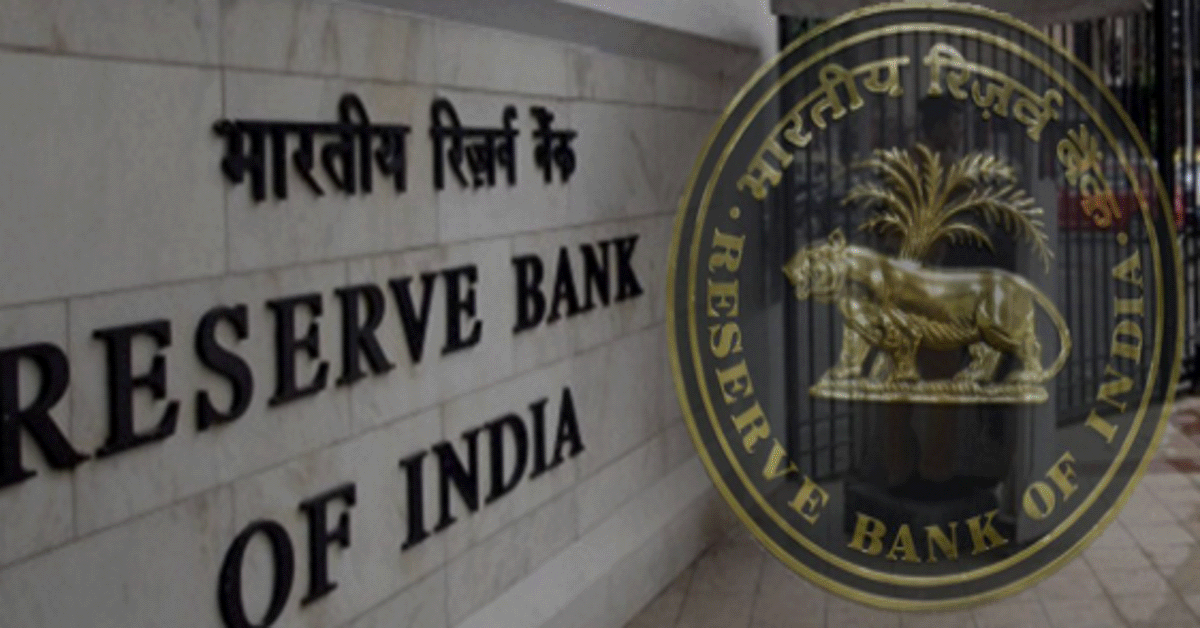Today the Reserve Bank of India’s (RBI) monetary policy announcement. Most experts expect the central bank to keep the repo rate unchanged at 6.5%. This would be the tenth straight meeting where the RBI has maintained the same rate. The decision comes as the bank works to balance rising inflation and support for economic growth.
The RBI’s Monetary Policy Committee (MPC) is likely to focus on controlling inflation and ensuring there is enough liquidity (money) in the market.
While a rate cut is not expected, there is still attention on any signs the RBI might give about future inflation and liquidity. If the RBI does something unexpected, like a small rate cut, it could cause stocks to rise sharply.
The stock market is particularly sensitive to interest rate changes because higher rates mean higher borrowing costs for companies. This can slow down economic growth and hurt stock prices. However, if the RBI keeps the rate steady, the market may remain stable.
The RBI’s decision comes at a time when other central banks, like the US Federal Reserve, are cutting rates. Recently, the US Fed reduced its benchmark rate by 50 basis points, bringing the rate down to 4.75%-5%. This move was part of an effort to boost the US economy. This global trend of easing rates could influence the RBI’s future decisions, though it’s not expected to act similarly today.
Over the past week, India’s stock market has been slightly volatile, with the Nifty and Sensex both falling by around 4-5%. Sectoral indices like Nifty IT, Nifty FMCG, and Nifty Bank have also seen dips due to global tensions and market corrections.
While the RBI is widely expected to keep the repo rate unchanged, the focus will be on its future outlook. Any signs of inflation risks or liquidity measures will have an impact on stock and bond prices. Investors and traders will carefully analyze the central bank’s message to predict the direction of future monetary policy.

